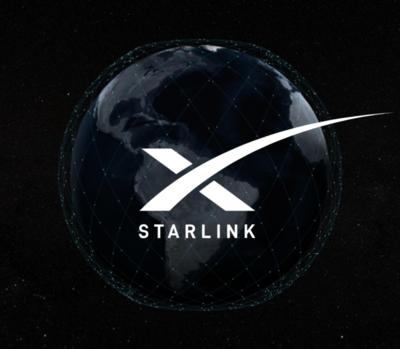Hidden Costs of Musk’s Twitter Acquisition
The Federal Aviation Administration (FAA) has proposed the levying of a $175,000 civil penalty against Space Exploration Technologies Corp (SpaceX) for the company’s alleged failure to submit launch collision analysis trajectory data directly to the FAA prior to the 19 August 2022 launch of the Starlink Group 4-27 mission.

SpaceX, according to the FAA, is required to provide the agency subject data at least seven-days prior to attempting a space-launch.
As implied by the appellation, launch collision analysis trajectory data is used to assess the probability of a space-bound launch vehicle colliding with any of the thousands of tracked objects orbiting the Earth.
Upon receiving the FAA’s enforcement letter, SpaceX will have thirty-days to respond to the Agency’s shakedown.
The proposed penalty occasions the latest escalation in tensions between SpaceX and the FAA, and evinces the incongruity of bureaucratic lethargy with the fast-pace and technical proficiency of Elon Musk’s world-leading space-launch concern.
In 2020, the FAA found SpaceX in violation of the agency’s launch regulations after Musk’s boffins allegedly allowed a prototype of the company's Starship rocket to lift-off without securing FAA approval of the vehicle's potential blast radius.
In 2021, following allegations a Starship launch violated license requirements, the FAA revised SpaceX’s commercial launch requirements, adding language mandating the presence of an FAA safety inspector during all spaceflight launches originating from SpaceX’s Boca Chica Starbase facility.
SpaceX has communicated and repeatedly demonstrated its commitment to safe practices across the entirety of its operational purview—which includes launching government, military, and private commercial payloads to Earth orbit; transporting personnel and supplies to the International Space Station (ISS); and deploying the thousands of satellites of which the company’s Starlink constellation consists.
In a 2022 statement, SpaceX set forth: “SpaceX has demonstrated this commitment to space safety through action, investing significant resources to ensure that all our launch vehicles, spacecraft, and satellites meet or exceed space safety regulations and best practices.”

The FAA, which licenses commercial space-launches and re-entries, has engaged, not always peaceably, with space industry officials for purpose of better integrating the growing number of space-launches from government and private sites in Florida, Virginia, and California, into airspace utilized by atmospheric aircraft such as commercial airliners and general aviation aircraft.
Speaking to the subject of increased Congressional (read taxpayer) funding of the FAA’s commercial space office, Kelvin Coleman—who heads the aforementioned office—stated: “Our job and, really, intention is to keep pace with the increased demands for the products and services that we provide for the industry.”
Mr. Coleman’s claims notwithstanding, it can be argued, persuasively, that the products and services the FAA has, of late, offered SpaceX comprise primarily harassment, fines, and the handicapping of humankind’s conquest of space.
 Aero-TV: DeltaHawks Diesel Power Steps Into the Spotlight
Aero-TV: DeltaHawks Diesel Power Steps Into the Spotlight NTSB Prelim: Mooney Aircraft Corp. M20K
NTSB Prelim: Mooney Aircraft Corp. M20K ANN FAQ: Turn On Post Notifications
ANN FAQ: Turn On Post Notifications ANN's Daily Aero-Linx (12.20.25)
ANN's Daily Aero-Linx (12.20.25) Aero-News: Quote of the Day (12.20.25)
Aero-News: Quote of the Day (12.20.25)




